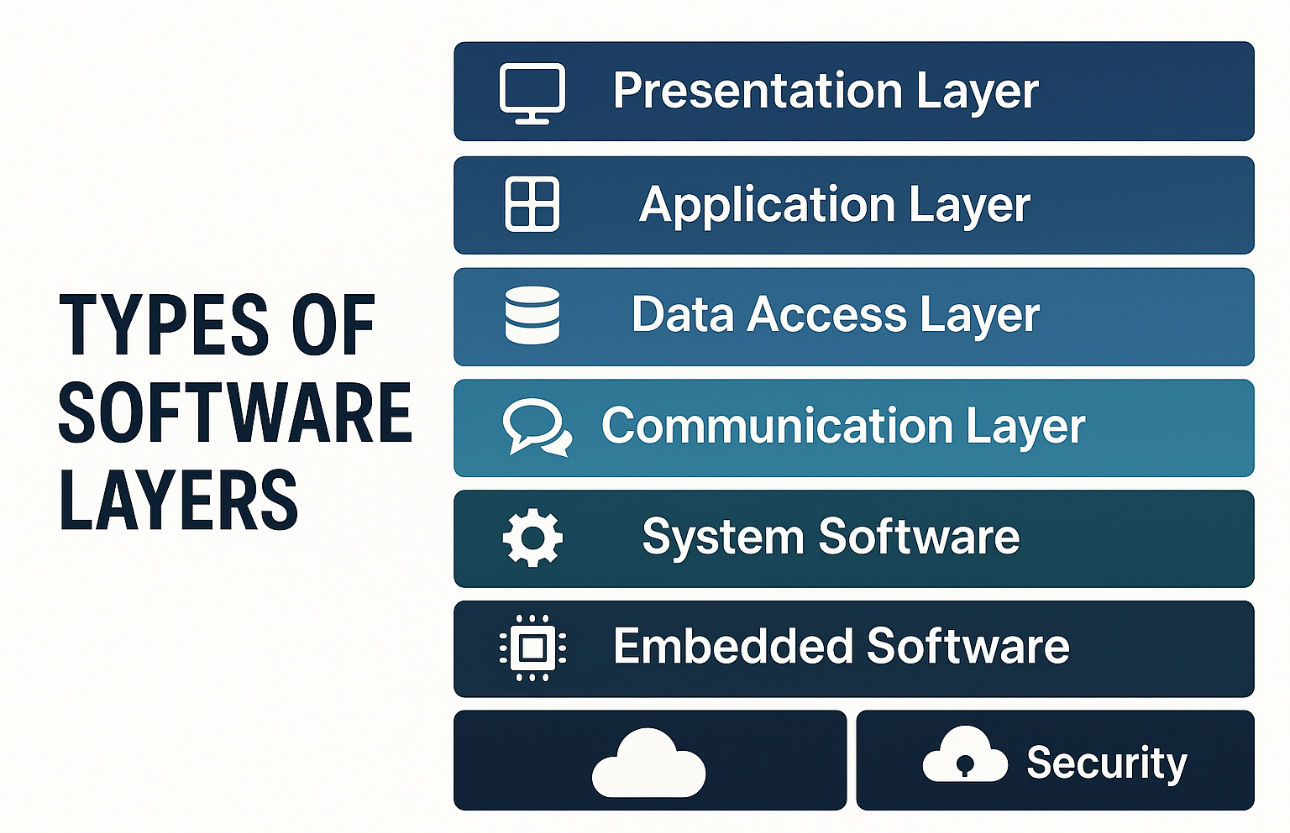
Introduction
The days of memorizing complex passwords may soon be behind us. With the growing need for secure and user-friendly authentication methods, Passkeys are emerging as a promising alternative. Backed by tech giants and designed to be phishing-resistant, Passkeys aim to revolutionize how we log in to apps and websites. In this blog, we’ll explore:- What Passkeys are
- How they work
- Who is adopting them
- Their benefits
- And potential vulnerabilities
What Are Passkeys?
Passkeys are a new type of login credential that allows users to sign in to websites and apps without needing a traditional password. Instead, they use public-key cryptography and are often stored on the user’s device (like a phone or computer), secured by biometric data such as a fingerprint or facial recognition. Passkeys were introduced as part of the FIDO2 standard by the FIDO Alliance and the World Wide Web Consortium (W3C).How Do Passkeys Work?
Here’s a simplified breakdown:- Key Pair Generation: When a user registers on a site that supports Passkeys, their device generates a public-private key pair.
- The public key is stored on the server.
- The private key remains securely on the user’s device.
- Authentication:
- When logging in, the server sends a challenge.
- The user’s device uses the private key to sign the challenge.
- The signed challenge is sent back to the server.
- The server uses the public key to verify the signature.
- User Verification:
- This is usually tied to biometric authentication like Face ID, Touch ID, or Windows Hello.
Which Companies Have Adopted Passkeys?
Several major companies and platforms have already begun implementing Passkeys: ✅Apple- Integrated into iOS 16, iPadOS 16, and macOS Ventura.
- Works with Safari and synced across devices via iCloud Keychain.
- Supports Passkeys on Android and Chrome.
- Integration with Google Password Manager for syncing.
- Integrated into Windows Hello.
- Supports Passkeys via Edge and the Microsoft Authenticator app.
- PayPal
- eBay
- BestBuy
- 1Password
- Dashlane
- WhatsApp (beta)
- TikTok
- GitHub
Advantages of Passkeys
1. Phishing Resistance Passkeys are not shared with websites—only the public key is. This makes phishing attacks nearly impossible. 2. No Passwords to Remember Forget password resets. Biometrics or device PINs authenticate the user. 3. Secure by Design Private keys are stored in secure hardware (TPM/Secure Enclave) and never leave the device. 4. Cross-Platform Support Thanks to FIDO standards, Passkeys work across different platforms (via QR codes or Bluetooth). 5. Fast Login One touch or glance is all it takes—significantly reducing login friction.Security Vulnerabilities and Limitations
While Passkeys are highly secure, they’re not flawless: ⚠️1. Device Loss If users lose their device and haven’t backed up their Passkeys (e.g., to iCloud or Google), they could be locked out. ⚠️2. Cloud Sync Risks Syncing Passkeys through cloud services raises concerns about:- Cloud provider hacks
- Insider threats
- Potential man-in-the-middle (MITM) attacks during sync (though rare and mitigated)
The Future of Authentication
Passkeys represent a giant leap toward a passwordless future. While adoption is still in progress, the foundational technology is sound and backed by the world’s largest tech companies. With better usability, stronger security, and seamless cross-device experiences, Passkeys could very well replace passwords in the coming years.Conclusion
In an era where password breaches and phishing attacks are rampant, Passkeys offer a safer, simpler alternative. As more services adopt them and as users grow comfortable with the new login flow, we may finally say goodbye to the age-old “forgot your password?” prompt. Ready to switch? Check if your favorite apps support Passkeys and give them a try—it might just be the most secure login experience you’ve ever had.Related Posts
October 30, 2025
Empowering Business Analysts: How AI is Revolutionizing Agile Practices
In today's fast-paced digital landscape, Agile methodologies are no longer optional— they're essential for organizations…
October 30, 2025
What is SAP? How does it work?
The full form of "SAP" is “Systems Applications and Products in Data Processing” which is…
October 3, 2025
Optimizing React Performance: An Advanced Guide for Scalable Applications
In today’s fast-paced digital ecosystem, software systems have become the backbone of every enterprise’s technological…
October 3, 2025
Types of Software Layers
In today’s fast-paced digital ecosystem, software systems have become the backbone of every enterprise’s technological…


















